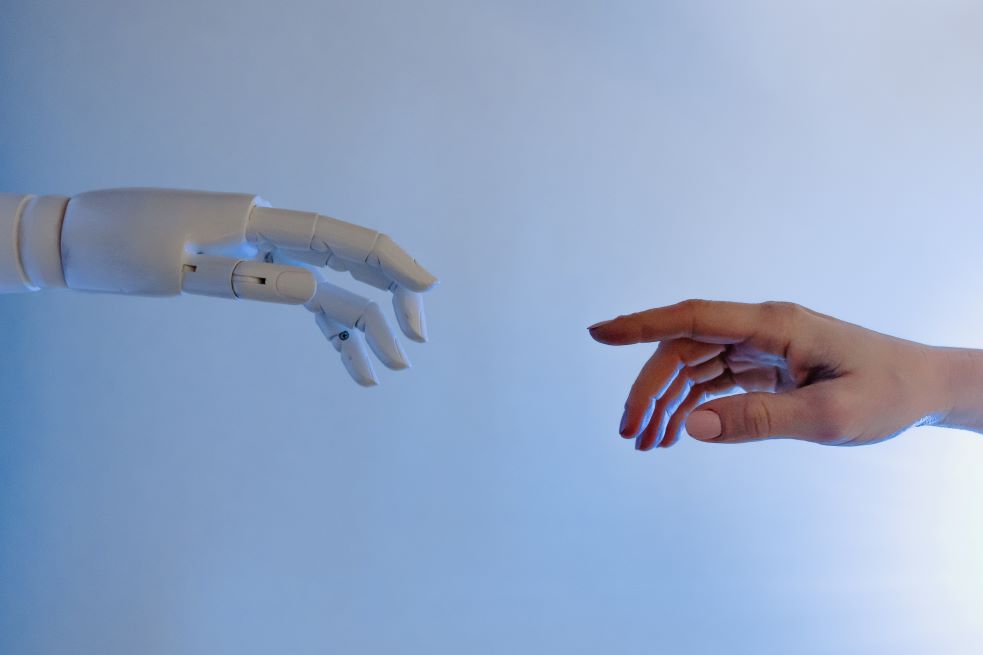Intelligent Interactive Systems (5/7.5 hp)
This course will provide an overview of computational techniques for intelligent, embodied interactive systems, including approaches for perception (e.g., vision and other modalities of perception), learning and interaction abilities. The course will involve computer vision techniques, behaviour generation/control and machine learning-based approaches that can be used to analyse and adapt to humans interacting with embodied machines.
Social robotics (7.5 hp)
This course will provide an overview of the science and technology of human-robot interaction; theories and methods for the design and evaluation of robots interacting with human users; fundamentals of verbal and non-verbal communication for situated interaction with physical robots.
Social Consequences of Technology and Trustworthy AI (3 hp per semester)
This PhD course focuses on understanding how different technologies are deployed in our lives and their impact on individuals and society. Participants of this course will study how gender, racial, and social status biases encountered in datasets and algorithms aimed to make crucial decisions in our everyday lives lead to unfair discrimination. Participants will reflect on the technical advances and research to account for inclusion and diversity. Also, they will study different approaches to avoid data bias and algorithmic discrimination crucial to creating a more trustworthy AI and more fairness in IT.


